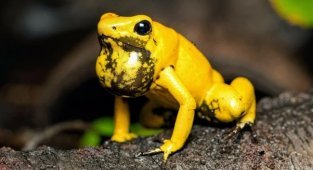Pitohu is a poisonous bird that you should not mess with (7 photos + 1 video)
The bicolored pitohu or bicolored flycatcher is the world's first venomous bird. It has lived in Papua New Guinea for hundreds of years, and only in the 1990s did scientists prove that the body, feathers and even bones of this bird contain poison. When touching the feathers of this bird, a person’s tissues immediately go numb. What else is known about them? 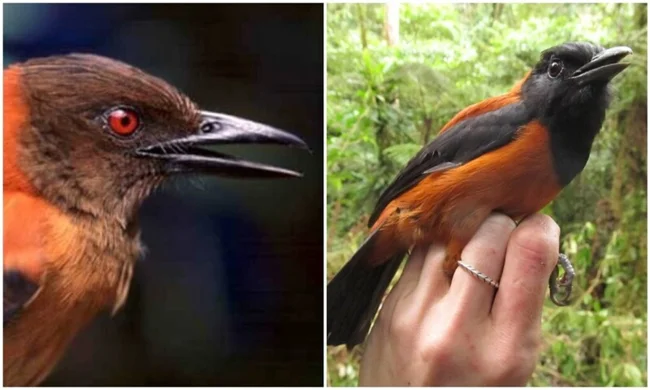
The bicolored pitohu or bicolored blackbird flycatcher is native to Papua New Guinea. This flycatcher is considered to be the first scientifically confirmed poisonous bird in the world. Local residents have long been aware of its features, but scientists discovered them only in the 1990s. Then ornithologist Jack Dambacher was studying birds, and one day a pitohus fell into his trap. When he tried to pull them out of the trap with his hands, they scratched and bit his fingers. The scientist instinctively put his fingers to his mouth, and after a few seconds he felt that his lips and fingers were numb. 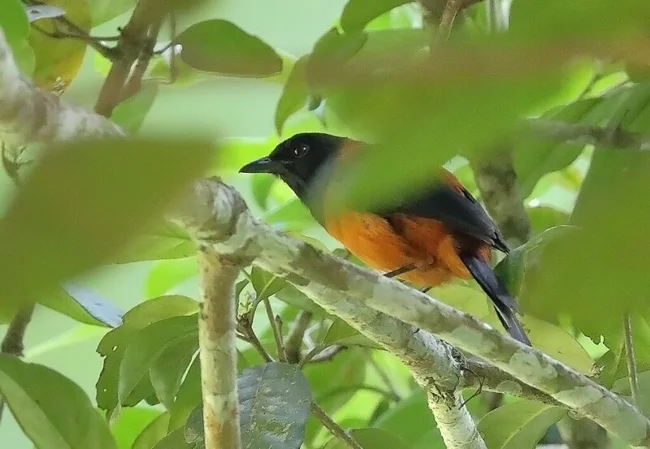
The scientist determined that the numbness was due to the poison that the bird secretes. He later felt a burning sensation for several hours. After a while, he also took a pitoha feather and put it in his mouth - the numbness instantly returned. So Dambacher made a discovery, proving that the pitohu is the first poisonous bird in the world. That same year, scientists preparing stuffed pitoha for museum exhibitions experienced numbness and burning sensations even when touching the lifeless bodies of these birds. 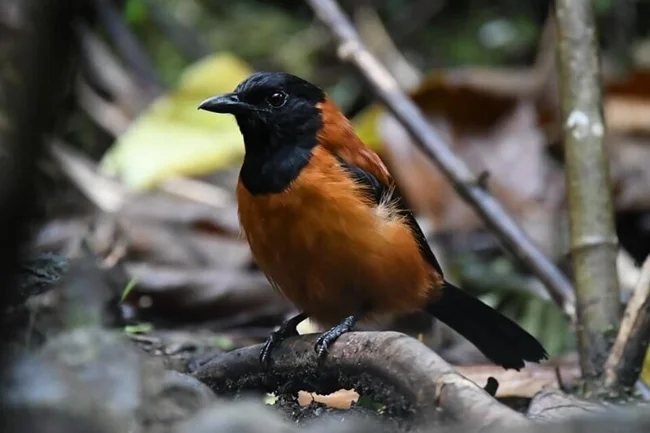
At the same time, Dambacher interviewed residents of Papua New Guinea. Local residents said that they have known about the poisonous bird for a long time - and try to stay away from them. Many years ago they even tried to cook and eat them - but when cooking these birds there is a terrible smell, so now no one practices this. 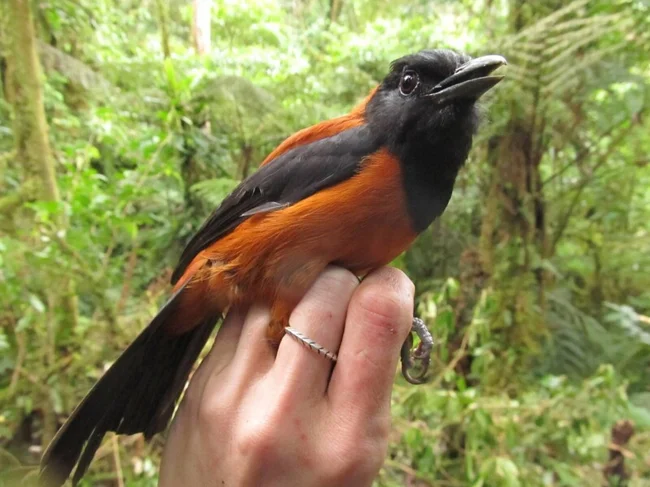
What is the “poisonousness” of this bird? Scientists have proven that the poison batrachotoxin is present on the skin and feathers of the pitohu. This is a strong neurotoxin that affects cell membranes, depriving cells of the ability to transmit nerve impulses. Cardiac arrest may occur due to batrachotoxin poisoning. But bites and touching a pitoh do not threaten a person with anything other than temporary numbness and burning. 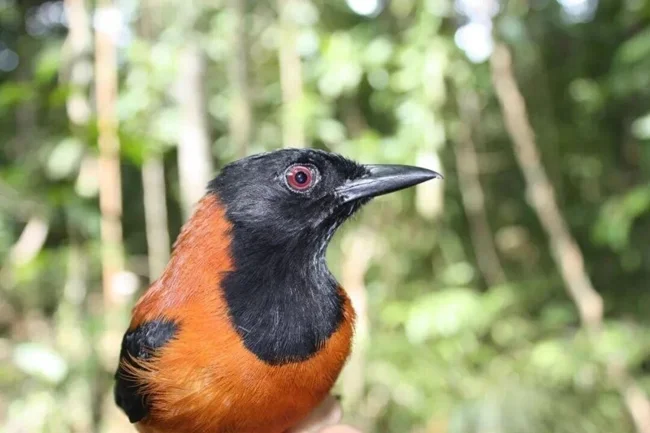
The poison appeared in the body of these birds due to their diet. Pitocha eat Choresine pulchra beetles, which contain batrachotoxin in their bodies. Over the years, Pitohu has developed immunity to this poison. Subsequent studies showed that birds accumulate it not only in their skin and feathers, but also in their bones and internal organs - in lower concentrations. Some scientists agree that the poison was formed in their bodies as a defense mechanism against predators. 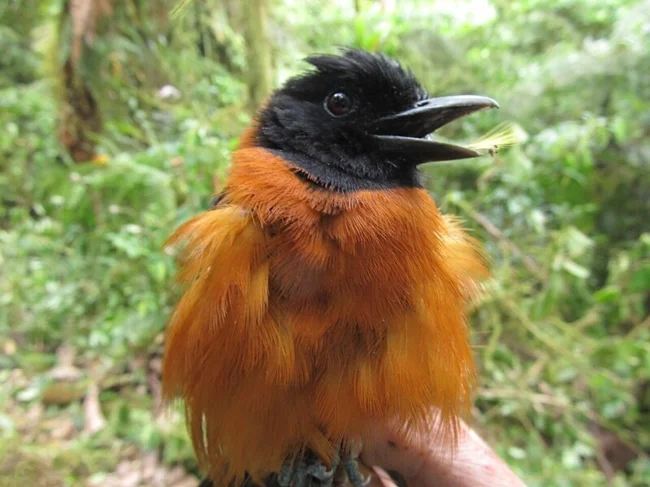
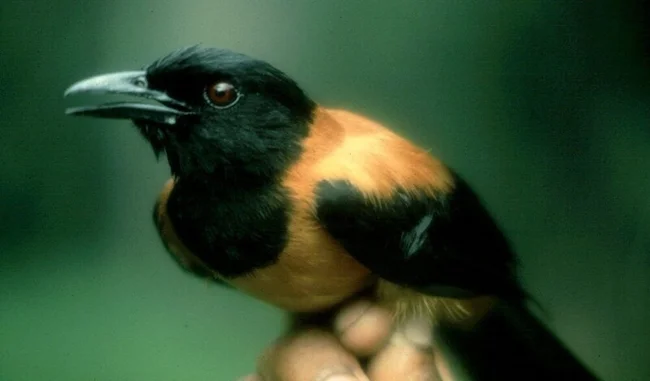
nx-post-Pitokhu - poisonous bird
